
Cardinal Newman, a Compass for Conservatives
Few men have been able to develop such a balanced way of thinking between tradition and modernity, conscience and obedience as the 19th century prelate.

Few men have been able to develop such a balanced way of thinking between tradition and modernity, conscience and obedience as the 19th century prelate.
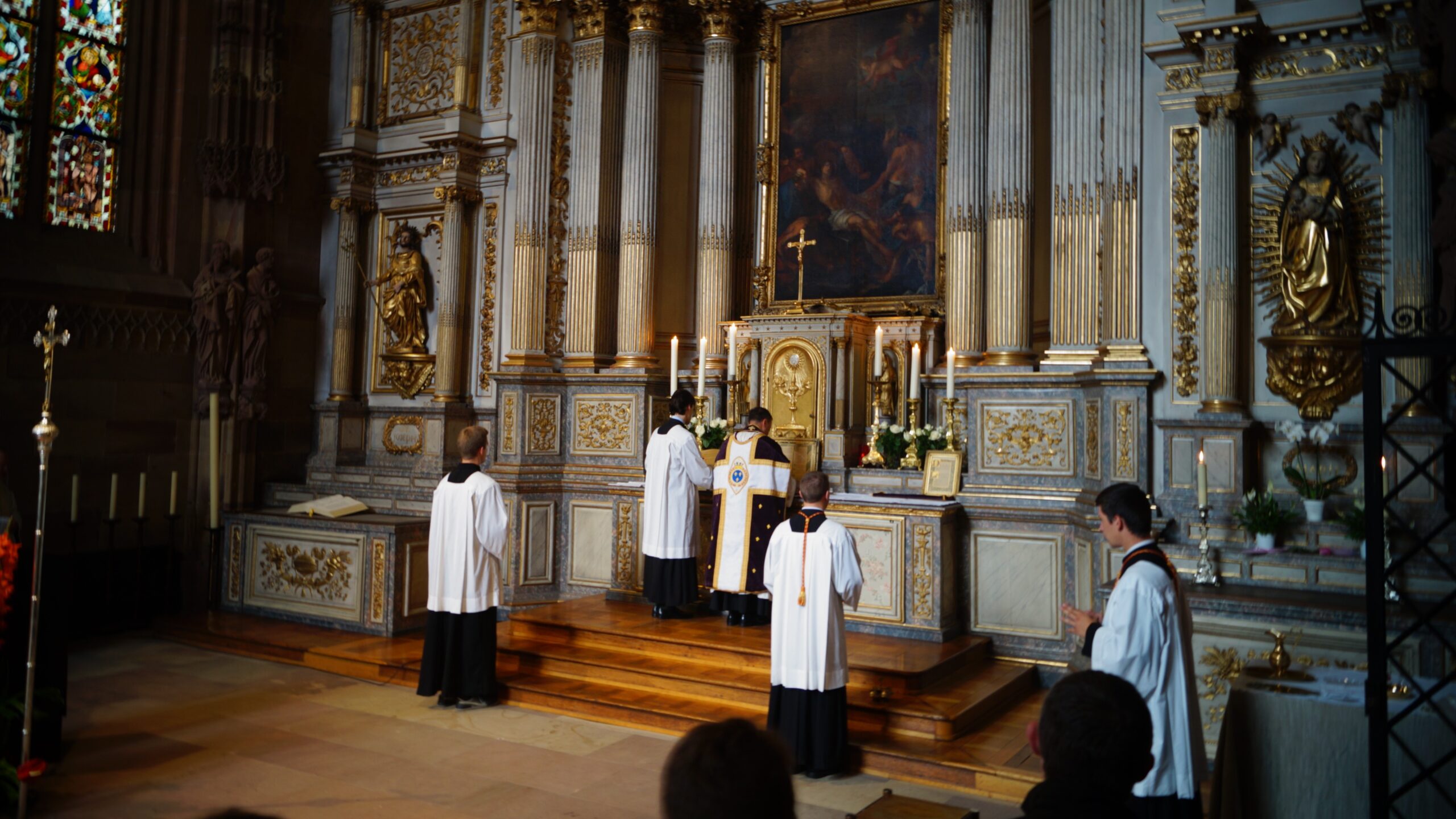
Many suspected it, and now the facts confirm it: Pope Francis’s offensive against the traditional Catholic liturgy was carried out through manipulation and lies.
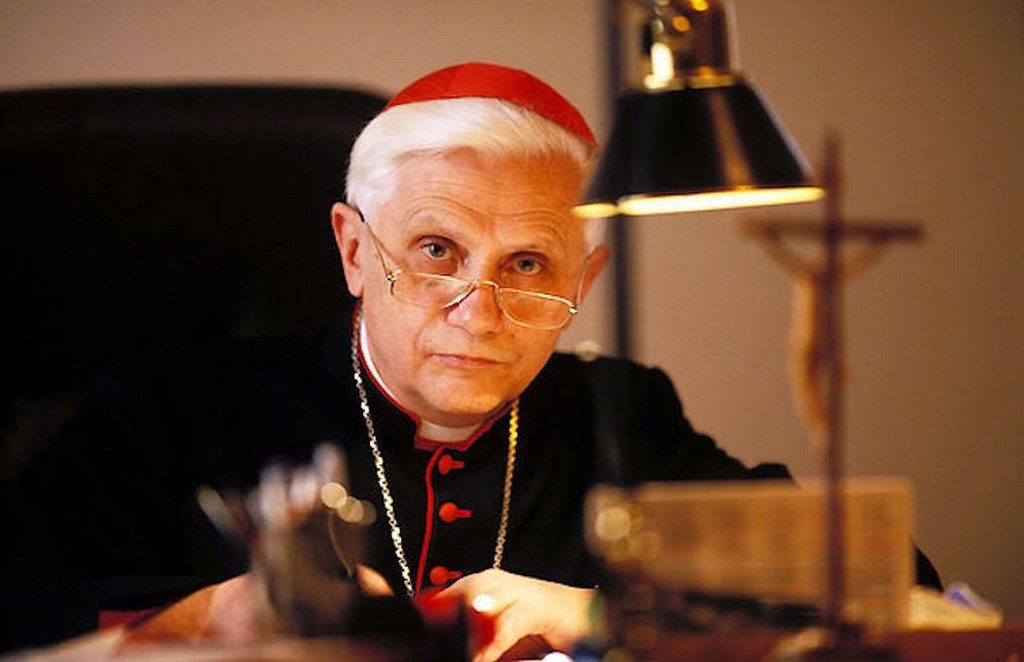
In Augustine, Ratzinger found a thinker who believed that the dimensions of faith and reason “should not be separated or placed in opposition; rather, they must always go hand in hand.”
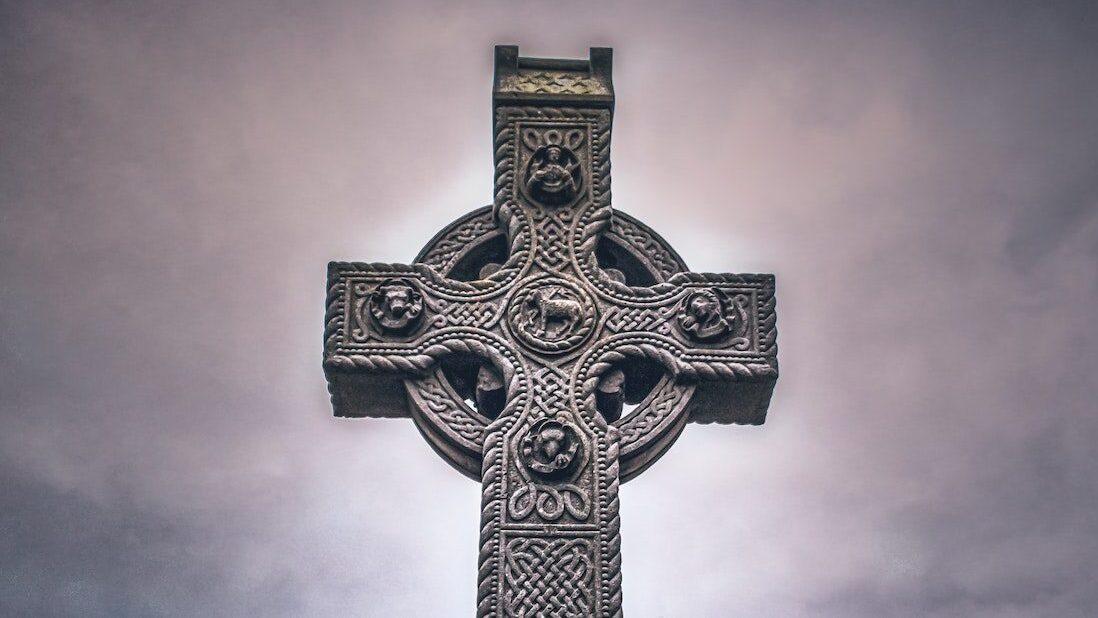
The Irish Catholic Church still has a deeply faithful lay remnant. It is also served by many fine priests who, despite little diocesan support and a hostile climate, continue to labour tirelessly in the vineyard of the Lord.
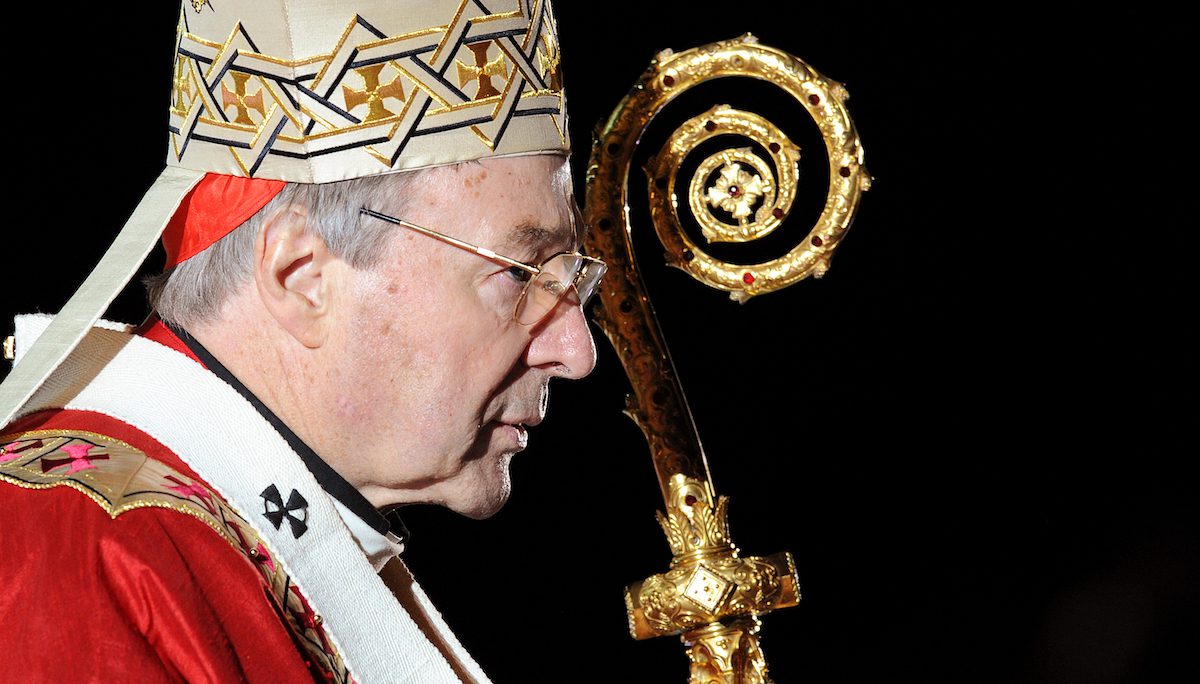
In what turned out to be his last public homily, delivered three days before he died, Cardinal Pell referred to the “heritage of Wojtyla and Ratzinger.” In addition to being courageous teachers of the Catholic faith, they were, Pell said, also “Europeans, examples of men with profound knowledge of the high culture of the Western world.”

The Vatican had warned that it would be a “simple” ceremony. The hearts of the many faithful present were heavy after the death of the holy man who, in his silence and retirement, had remained a reference point of faith and wisdom for them.

Pope Benedict’s expansive mind formed me in the humane habits of awareness that harmonise the intellect and the affectivity of the heart with the culture and civilisation that is our proper inheritance.
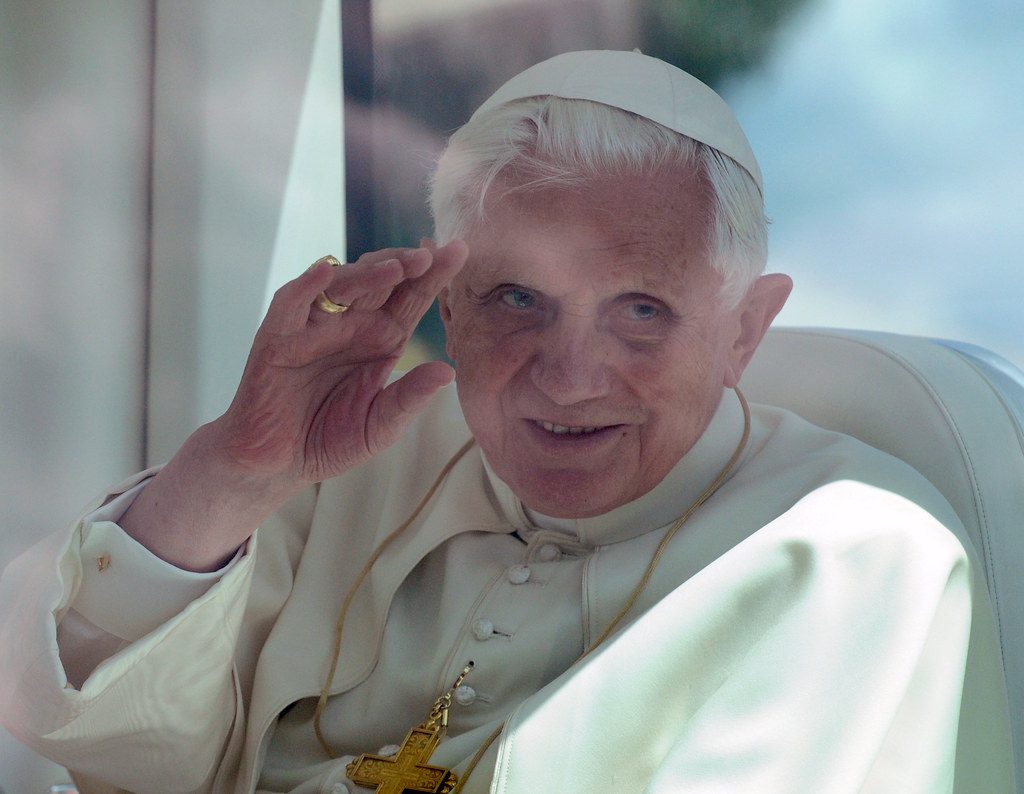
The 95-year-old retired pope died at the Mater Ecclesiae Monastery, his chosen residence after resigning from the papacy in 2013.